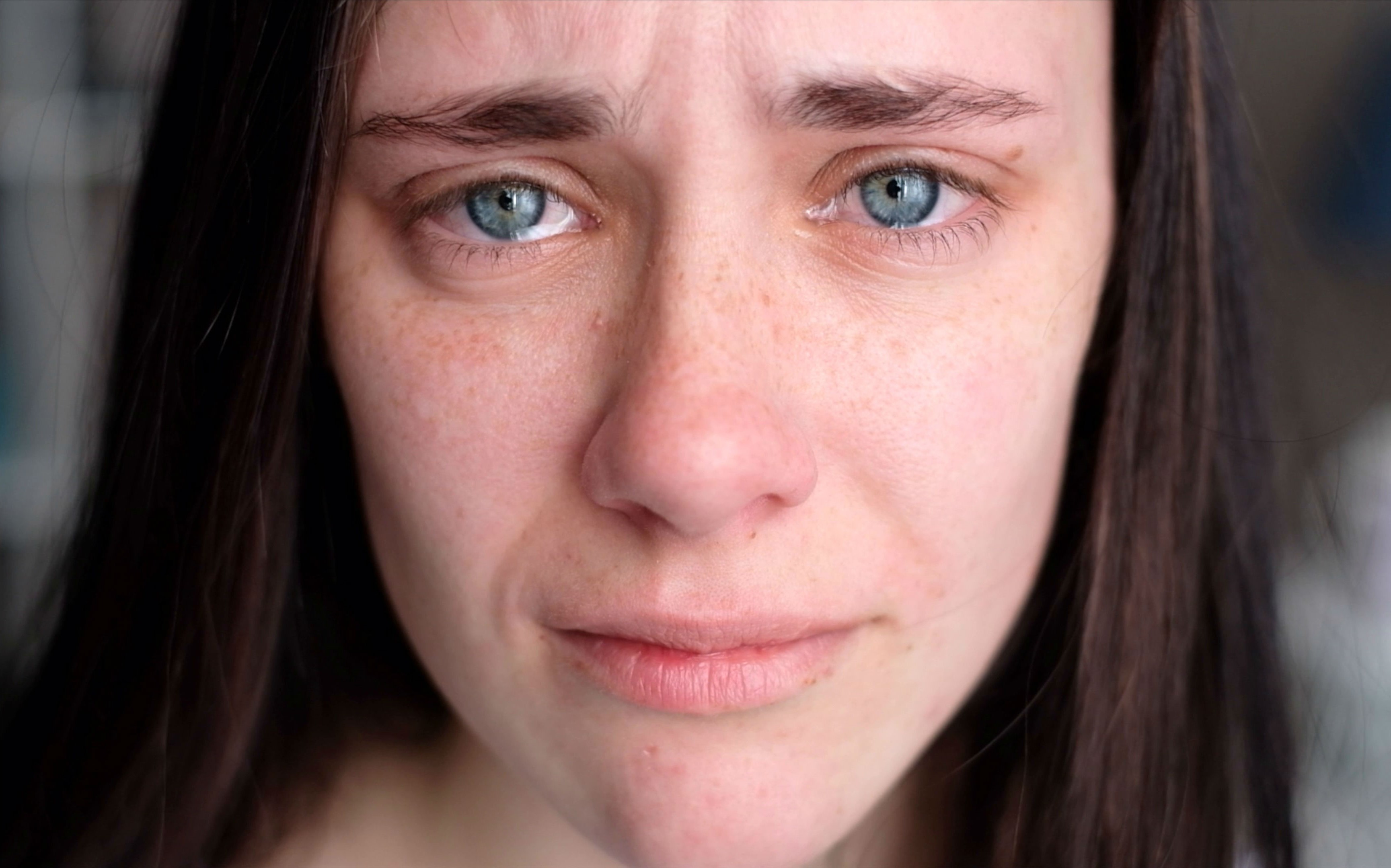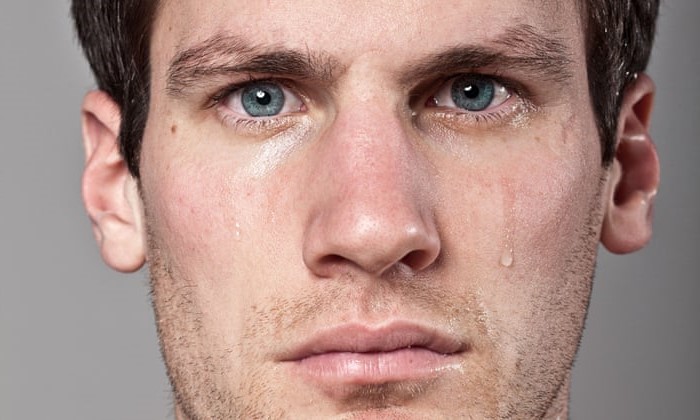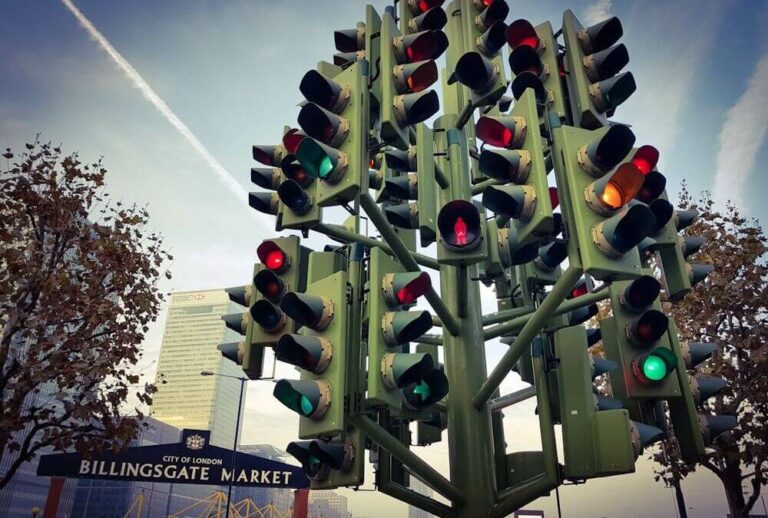A bunch of wise guys
out there claim that crying is a sign of weakness. But you know what?
They don’t know jack! They probably hold bachelor degrees from
places like Stupid College and Dummy Pants Tech where they ranked
near the top of their class because a GPA of 0.0 what their schools
strive for. According to the real experts that are highlighted
in this article, crying is necessary and extremely therapeutic. Check
out these 8 benefits.
1.It helps you
deal with physical pain
Imagine breaking
your leg during a botched backyard wrestling stunt. Or burning your
hand by accident (or on purpose?). The pain is intense. You should
just suck it up, right? Hell no! Professors at Pretentious
Polytechnic Institute and State University have found that when you
cry, the body releases oxytocin and other hormones that increase your
ability to handle pain. So sob away, dear kittens!

2. It helps you
sleep
What are some
characteristics of good parenting. If you said, “Letting your
babies cry” then you’ve just won a cigar! While it might be
tempting to pick up a baby and cradle him/her when they’re
waaaaahing, some folks who know an awful lot about pediatrics claim
that babies who are allowed to cry actually sleep better and for
longer periods of time. While it isn’t yet known whether crying has
these same positive effects on adults, for the sake of neatly tying
up this narrative, we’re going to take it upon ourselves to declare
that it most definitely does!

3. It alleviates
stress
You’ve probably
noticed that after you cry, it’s like a weight has been lifted off
of your shoulders. There’s a scientific explanation for this.
According to smart but dorky academics at some quaint New England
liberal arts college where the leaves on the campus’s trees are
always orange and yellow, our tears actually contain stress hormones,
so when you cry all of that pent up stress is literally leaving your
body. Literally, guys.

4. It allows you
to experience happiness
This might sound
counter-intuitive, but if a mental health specialist with a bunch of
initials/titles attached to her name says it, who are we to argue?
Sure, I’m Geoffrey D’Souza, MPP, but when it comes to the science
of crying, Erika Miley, M.Ed, LMHC is far more qualified. Here’s
the deal: if you are bottling up your feelings of sadness and refuse
to allow yourself to cry, it becomes difficult to feel any emotions
at all, including happiness. So there you go. Now it all makes sense,
no?

5. It generates
sympathy and support
One of the things
that distinguishes humans from turtles and hippopotamuses is our
ability to feel compassion. This isn’t to suggest that turtles or
hippopotamuses are cold, unemotional psychopaths. It’s more that
they’re plain dumb. In any event, studies conducted by
hipster-looking California-based researchers with beards, lab coats
and clipboards have found that when a newborn baby cries, other
newborn babies at the hospital nursery will respond by crying as
well…and it’s not just because babies are crying and pooping
machines. They are essentially born sympathizing with their fellow
humans and crying is how they show support. Fast-forward to adulthood
and you find that humans still respond emotionally when they see that
somebody needs their sympathy, this time through hugs and such.

6. It helps you
deal with trauma
When you experience
a situation that is physically or emotionally shocking, it has the
effect of throwing your hormone levels out of balance. But when you
cry, it assists in re-balancing your body and mind. This bit of
insight comes courtesy of men and women who graduated from preschool,
did well in elementary school, went through awkward phases in middle
school, sucked at sports in high school, studied at the library on
Saturday nights in college, and devoted 5 years to a doctorate
program – incurring $125,000 in student debt in the process – so
that they could receive a piece of paper declaring them experts at
crying.

7. It lowers
blood pressure
This one makes a ton
of sense, and it doesn’t require some genius with an advanced
degree to figure it out. As mentioned above, after a good cry your
stress levels go down. Lower stress is strongly associated with a
steadier pulse and lower blood pressure levels.

8. It helps you
move on from grief
The way we deal with the death of a loved one or a bad breakup varies from person to person. Some express anger while others opt for sadness. A psychotherapist who wrote a totally wicked self-help book explains that people are wasting their time when expressing the former while benefiting from the latter. In essence, resentment lingers on, but allowing yourself a chance to mourn makes the process of healing go much faster.














+ There are no comments
Add yours